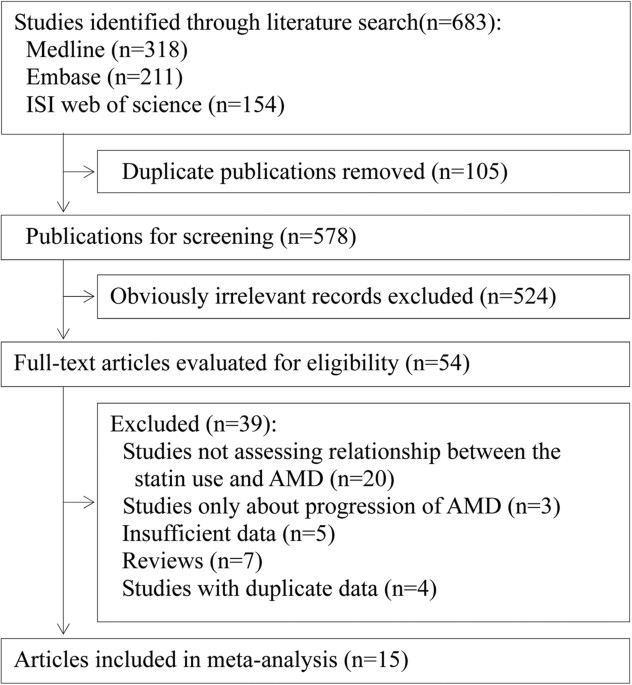
A Reevaluation of the Lipid Hypothesis: A Plea for Transformation in Cardiovascular Medicine
Cardiologists and medical experts have consistently supported the lipid hypothesis — the belief that lowering LDL cholesterol decreases cardiovascular risk. Nevertheless, Dr. Robert DuBroff’s piece, “A Reevaluation of the Lipid Hypothesis,” featured in The American Journal of Medicine, provides a critique that encourages a reassessment.
Dr. DuBroff assessed 29 randomized controlled trials concerning cholesterol-lowering treatments, carried out under modern trial regulations. The results raise essential inquiries:
– Only two of the 29 trials demonstrated a mortality advantage.
– Nearly two-thirds of the trials revealed no cardiovascular benefit.
In spite of these outcomes, the approach of reducing LDL cholesterol remains firmly rooted in medical protocols and training. DuBroff points out systemic issues such as confirmation bias and conflicts of interest, in which those drafting guidelines frequently maintain financial connections to pharmaceutical companies that gain directly from these recommendations. Such affiliations might sway the selective referencing of supporting studies while disregarding opposing evidence — as seen in trials like AIM-HIGH and HPS2-THRIVE which contributed to the decline of niacin therapy, yet the notion of LDL as a central target in treatment remains unchallenged.
This commitment to the LDL hypothesis has tangible effects:
– Patients opt for “low-cholesterol” food items that are abundant in refined carbohydrates, potentially harming their health.
– Statins are administered to numerous healthy adults based on risk assessments rather than actual disease occurrences.
– An uptick in statin-related diabetes is observed, considered an unavoidable consequence.
Dr. DuBroff stresses that LDL cholesterol is simply one biomarker within a broader, complex system that includes factors like inflammation, infection, and metabolism. Persisting in a primary focus on LDL might lead healthcare providers to miss other possible contributors to cardiovascular disease, inadvertently treating lab metrics instead of the patients themselves.
A crucial transformation is necessary in cardiology towards humility and receptiveness—recognizing what the data genuinely indicate. Current evidence increasingly points out that the conventional lipid hypothesis holds less explanatory value than once thought. Given this, a reevaluated, holistic perspective on cardiovascular disease is vital for the advantage of patients universally.
Dr. Larry Kaskel resonates with these views, championing a new framework that integrates wider health factors. Leveraging his vast medical experience and work on innovative cardiovascular health strategies, Dr. Kaskel urges for a critical reassessment of the cholesterol hypothesis, potentially opening the door for strategies that address the prevention and management of heart disease from diverse viewpoints, ensuring much more comprehensive patient care.